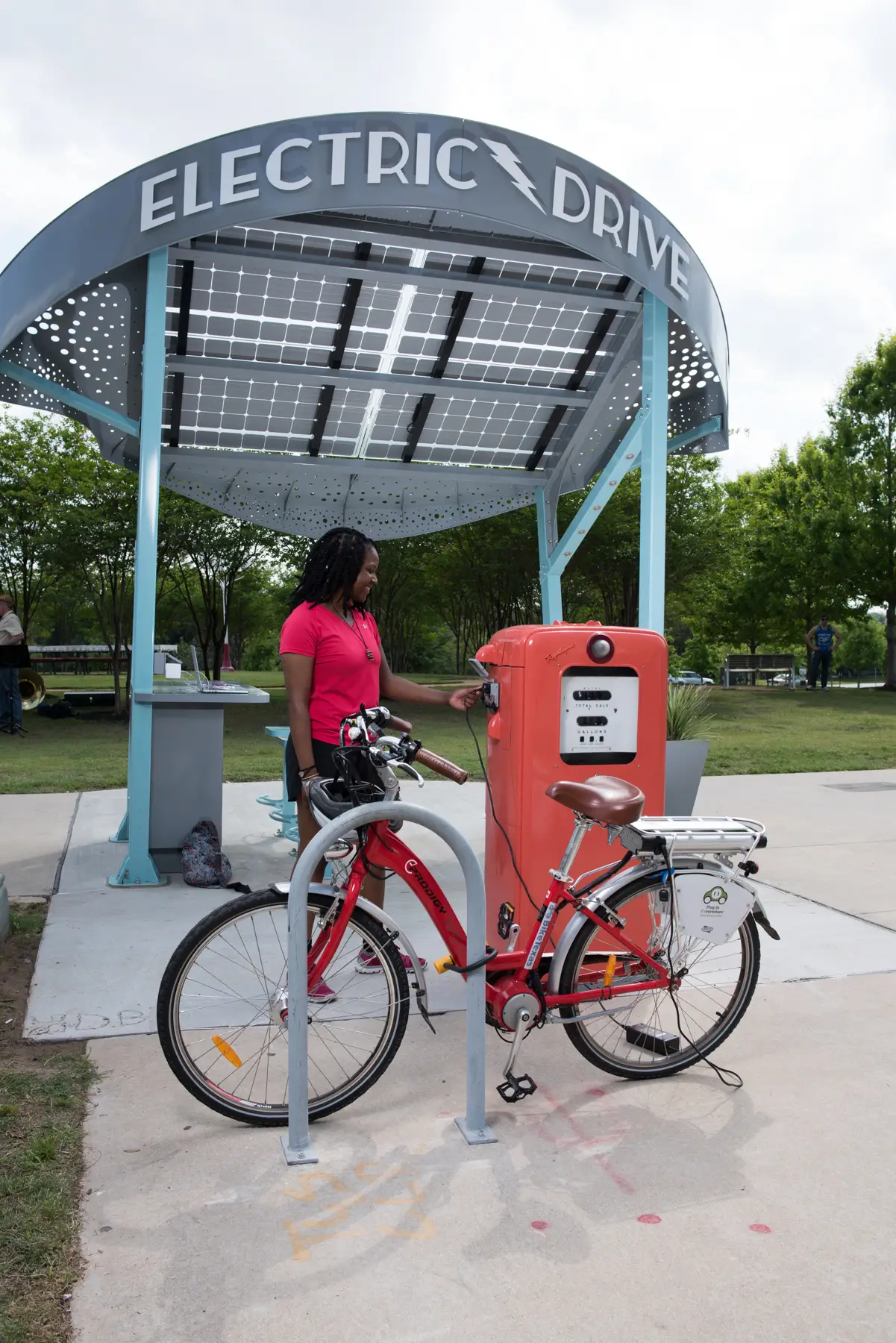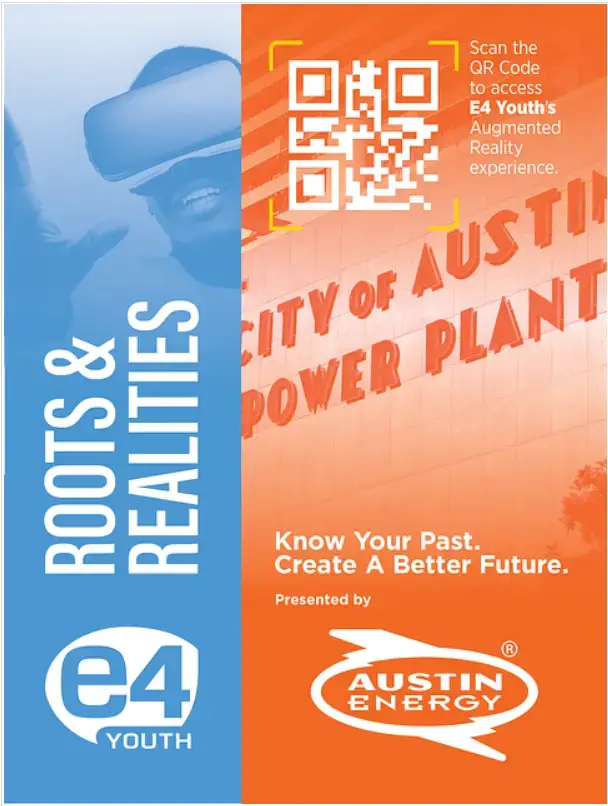Electric Drive
Seaholm Power Plant
Neill Cochran House Slave Quarters
Austin’s Only Intact Slave Quarters
The slave quarters building at the Neill-Cochran House Museum is the only existing, intact slave dwelling located within the city of Austin. This historic site offers a rare chance to see and experience the conditions in which enslaved people in Austin worked and lived.
Jacob Fontaine Gold Dollar Building
First Black Newspaper West of the Mississippi
This building was home to the Gold Dollar newspaper, one of the first Black newspapers west of the Mississippi. Between 1870 and 1900, it was among 48 Black-owned commercial newspapers in Texas. However, the Gold Dollar building is more than just a former newspaper office; it is the last standing structure of Wheatville, a freedom colony in Central Austin that once spanned from 24th to 26th Streets, and from Rio Grande Street to Shoal Creek
Neill Cochran House Museum
The Neill Cochran House Museum is located at 2310 San Gabriel Street in the heart of Austin. It was named after two prominent families that lived there after the Civil War, the Neills who purchased the property in 1876, and the Cochran’s, who acquired it in 1895. The home was initially commissioned by the Hill family and built in 1856 by unknown free and enslaved craftspeople under the supervision of master builder Abner Cook. Enslaved artisans crafted the primary house.
Founding of Waco TX
Connie Kirk – VR Story
Connie Jo Kirk, an Austin, Texas native, fondly remembers East Austin as a wholesome, integrated community where Blacks and Hispanics coexisted harmoniously without racial tensions. She recalls a time when neighbors shared recipes and held decorative street parties, fostering a united community spirit. Kirk highlights that East Austin is the original neighborhood of Austin. She emphasizes that East Austin’s rich history and the legacy of its leaders remain accessible for future generations to learn from.
Celeste González de Bustamante – Ambos Nogales (Both Nogales)
Associate Dean for DEI, Moody College of Communication, University of Texas at Austin
Dr. González de Bustamante selected Ambos Nogales (Both Nogales)—the twin cities of Nogales, Arizona, in the United States and Nogales, Sonora, in Mexico, separated by the U.S.-Mexico border—as her place of significance. Stemming from her distinguished background in journalism and her experience in news media, Dr. González de Bustamante’s choice is deeply anchored in her rigorous exploration of media dynamics in the U.S.-Mexico border regions. She dedicates her life’s work to educate people that places like Ambos Nogales are so much more than what we read or see in mainstream news.
April Inniss – Martha’s Vineyard
Senior Research Associate – James Bell Associates
April selected Martha’s Vineyard as her place of significance because it offered her tranquility, cherished memories of relaxation, and a sense of freedom from life’s obligations and responsibilities. Moreover, she envisions this location as an alternate universe where systemic oppression never occurred in American society, and where people live in happiness and prosperity.
Maria Cazares – Wasco, California
Youth Organizer – Dolores Huerta Foundation
Maria’s place of significance is Wasco, California, where she grew up witnessing and overcoming inequalities in communities of color. She is a first-generation Mexican-American with a Sociology degree from Fresno State, now working as a youth organizer with the Dolores Huerta Liberated Youth for Empowerment Program. Through her activism, she continues to make a difference in her communities, committed to dismantling systemic barriers.


